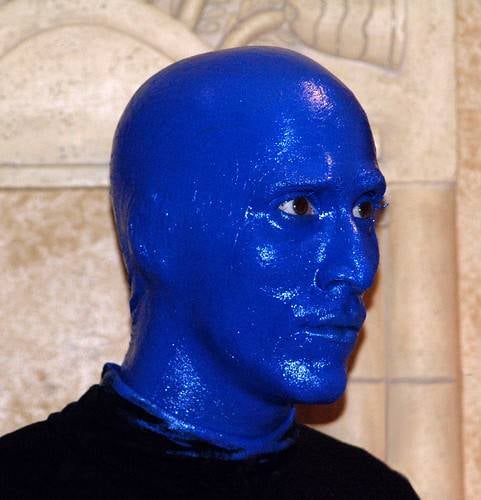Looks like he's ignoring his Miranda warnings, no?
He has self-incrimination written all over himself, no?
Are those tats an Unconstitutional violation of his 5th Amendment rights?
Which of those tattoos say "I killed that guard"?
None of those tattoos are evidence he killed the guard.
True they don't. Which begs the question, why cover them up?




